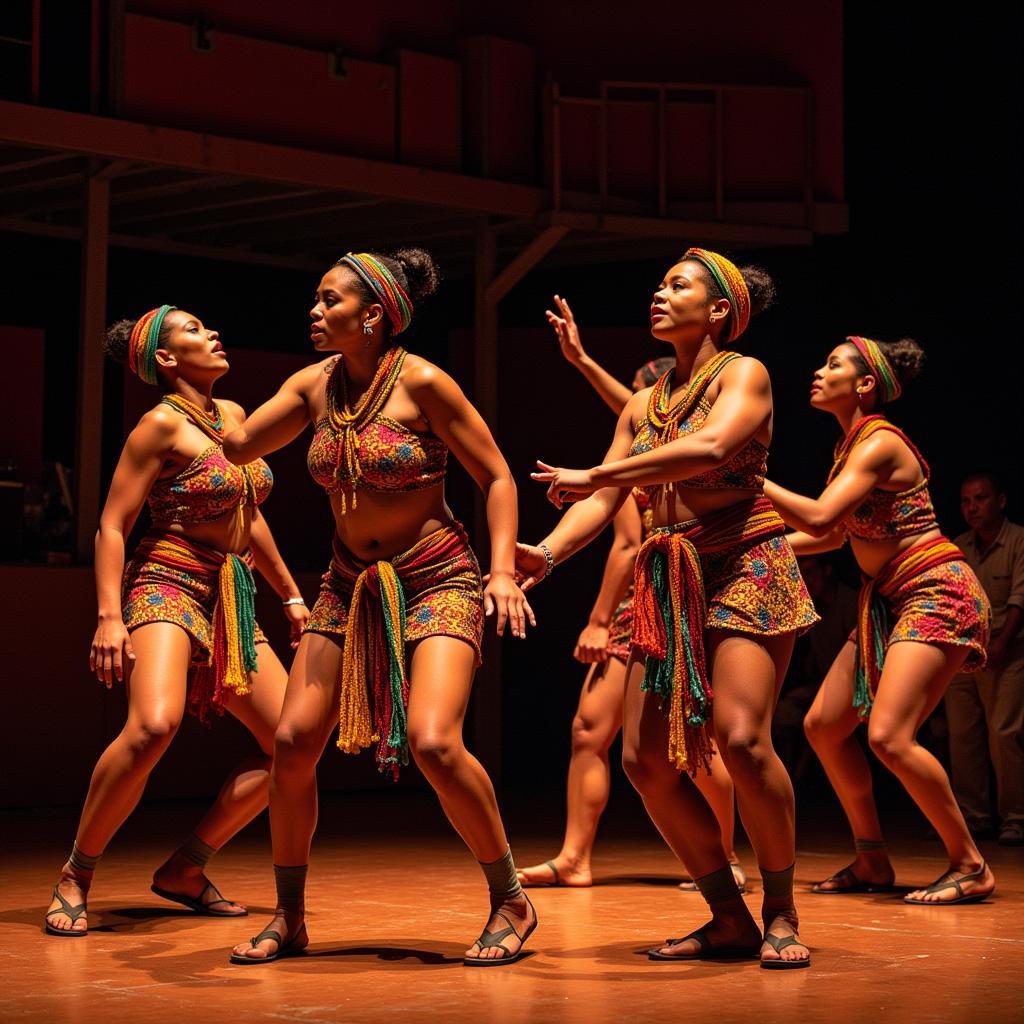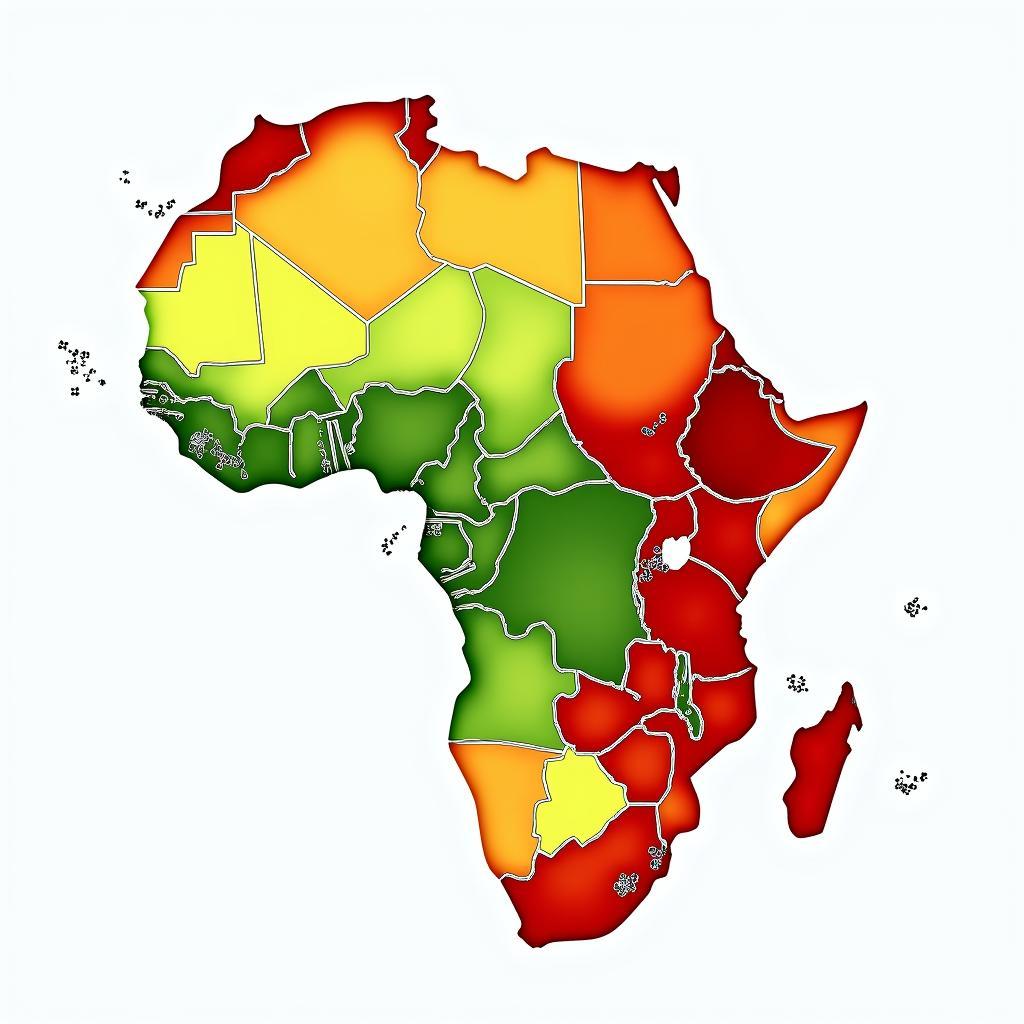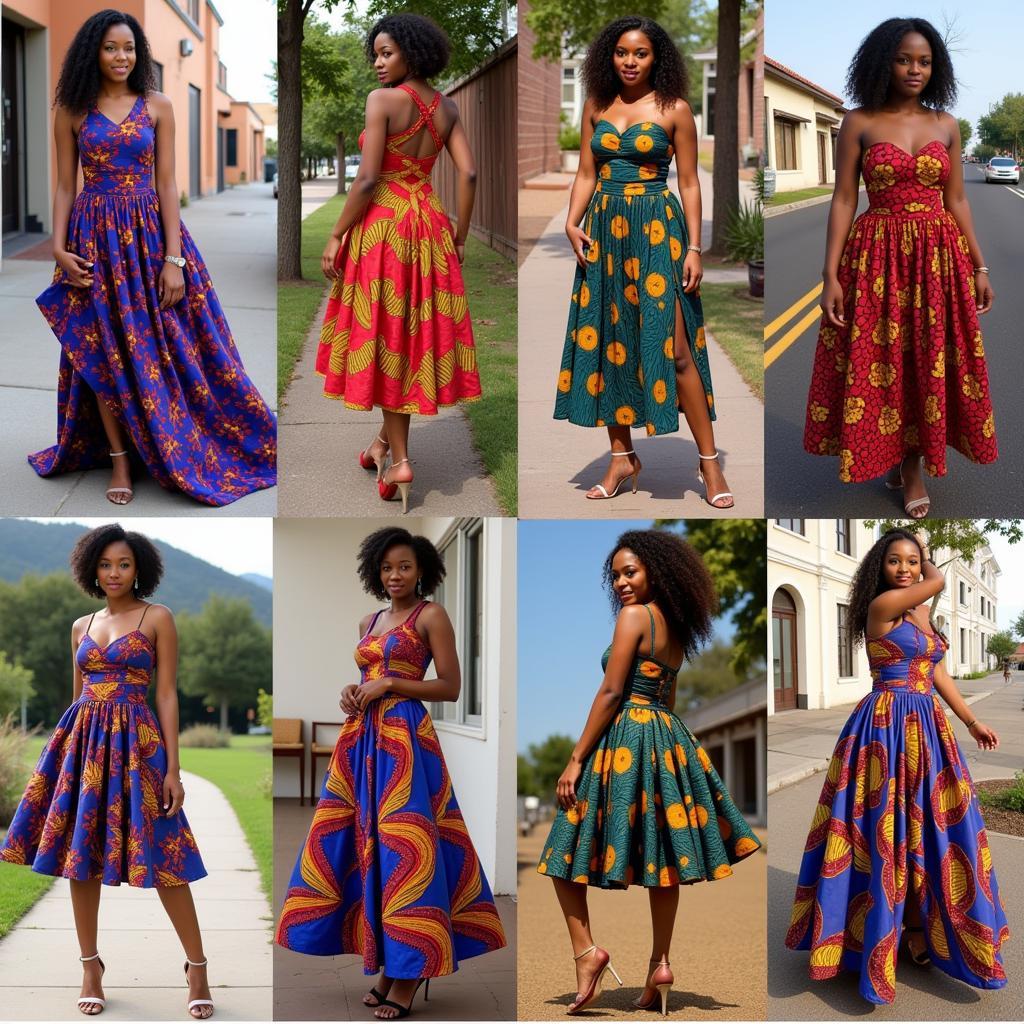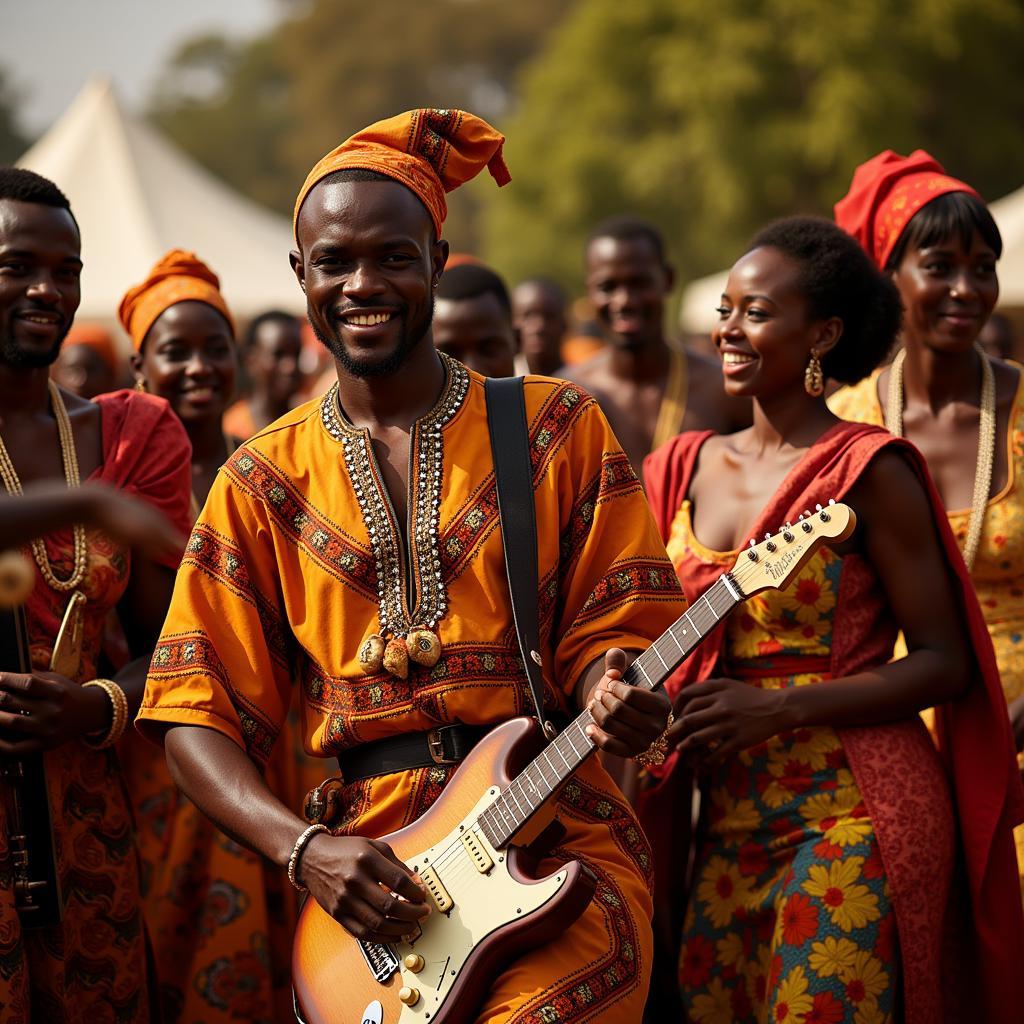Exploring the Vibrant World of African Drama Output
African Drama Output is a rich tapestry of storytelling woven from centuries of tradition, cultural diversity, and evolving artistic expression. From ancient oral narratives to contemporary stage productions and cinematic masterpieces, Africa has consistently produced captivating drama that reflects its unique history, social dynamics, and perspectives. This exploration delves into the vibrant world of African drama output, examining its evolution, key themes, notable figures, and global impact.
A Legacy Rooted in Oral Tradition
African drama finds its roots in the continent’s rich oral traditions. For centuries, stories, myths, and historical accounts have been passed down through generations, often incorporating music, dance, and elaborate costumes. These performances served not only as entertainment but also as vehicles for education, cultural preservation, and social commentary. The power of the spoken word and the captivating artistry of these early forms of drama laid the foundation for the diverse theatrical and cinematic landscapes we see today.
Colonial Influence and the Rise of Modern African Drama
The arrival of European colonialism in Africa brought about significant changes in dramatic forms. Western theatrical traditions, including playwriting conventions and stagecraft, were introduced and began to influence local artistic expressions. This fusion of influences led to the emergence of a new wave of African playwrights who adapted European forms to tell African stories.
Notable figures like Wole Soyinka, winner of the 1986 Nobel Prize in Literature, and Ngũgĩ wa Thiong’o emerged during this period, challenging colonial narratives and using their works to explore themes of identity, resistance, and the struggle for independence. Soyinka’s “Death and the King’s Horseman,” for example, delves into the clash between Yoruba tradition and British colonialism, while Ngũgĩ’s “The Black Hermit” examines the challenges of post-colonial nation-building.
 African Drama Performance
African Drama Performance
Post-Colonial Struggles and Social Commentary
Following independence, African drama continued to evolve, reflecting the complexities of nation-building, political instability, and social inequalities. Playwrights like Athol Fugard in South Africa used their work to expose the injustices of apartheid, while others like Ama Ata Aidoo from Ghana explored gender roles and the challenges faced by women in post-colonial societies.
Cinema’s Rise and the Global Stage
The latter half of the 20th century witnessed the rise of African cinema, further expanding the reach and impact of African drama. Filmmakers like Ousmane Sembène from Senegal and Souleymane Cissé from Mali gained international recognition for their poignant portrayals of social realities. Sembène’s “Black Girl” (1966) exposed the exploitation faced by African domestic workers, while Cissé’s “Yeelen” (1987) explored themes of tradition, modernity, and the search for identity.
 African Film Festival
African Film Festival
Contemporary Trends and the Future of African Drama
Contemporary African drama output continues to push boundaries, exploring a wider range of themes and experimenting with new forms of storytelling. From Nollywood in Nigeria, known for its prolific film industry, to experimental theater groups pushing the boundaries of performance art, Africa’s creative landscape is brimming with innovation. The rise of streaming platforms has further amplified African voices, bringing their stories to a global audience.
FAQ
What are some key themes explored in African drama?
African drama often explores themes of colonialism, post-colonial struggles, identity, tradition versus modernity, social justice, and the complexities of human relationships.
Who are some notable figures in African drama?
Notable figures include playwrights Wole Soyinka, Ngũgĩ wa Thiong’o, Athol Fugard, and Ama Ata Aidoo, as well as filmmakers Ousmane Sembène and Souleymane Cissé.
Looking for More Information on African Culture?
Explore these related articles:
Need Help Navigating the World of African Drama Output?
Our team is here to help! Contact us at +255768904061, email us at kaka.mag@gmail.com, or visit us at our office in Mbarali DC Mawindi, Kangaga, Tanzania. We’re available 24/7 to answer your questions and provide support.


